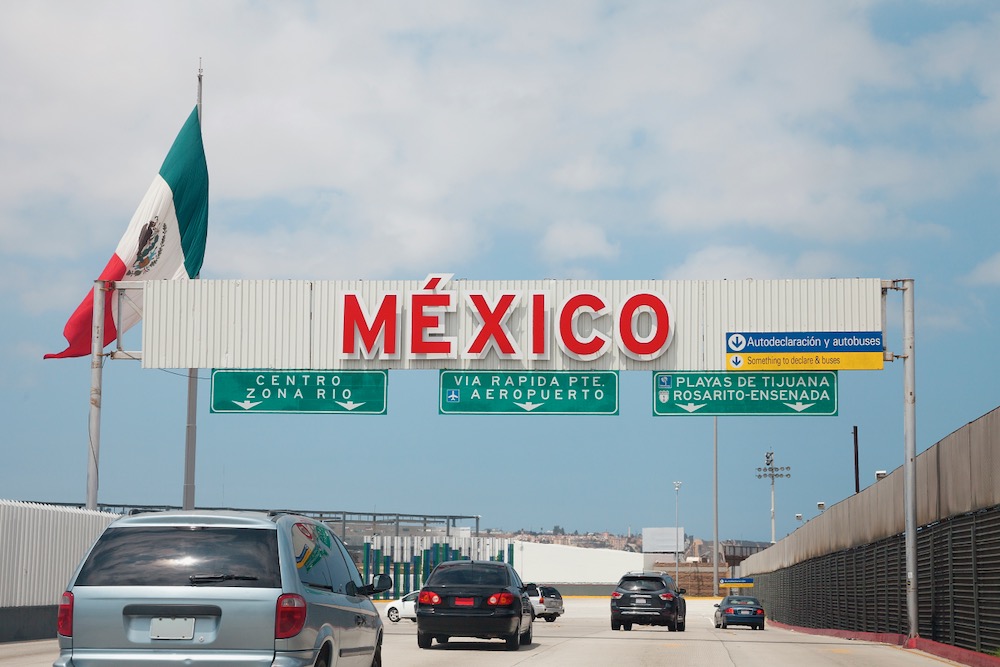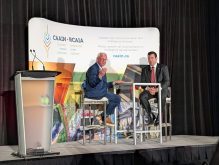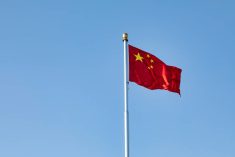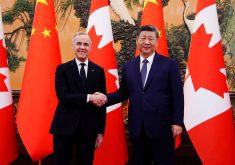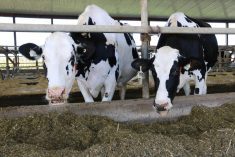Mexico City | Reuters — Mexico expects a planned review of the trilateral trade pact with the U.S. and Canada to kick off ahead of schedule, the nation’s economy minister said on Monday.
The review of the Canada-U.S.-Mexico trade agreement (CUSMA) is set to begin in 2026, but Mexican Economy Minister Marcelo Ebrard said at an event that he expected it to start in the second half of this year.
“More or less, the time I’m estimating is in the second half of the year,” Ebrard said.
Read Also
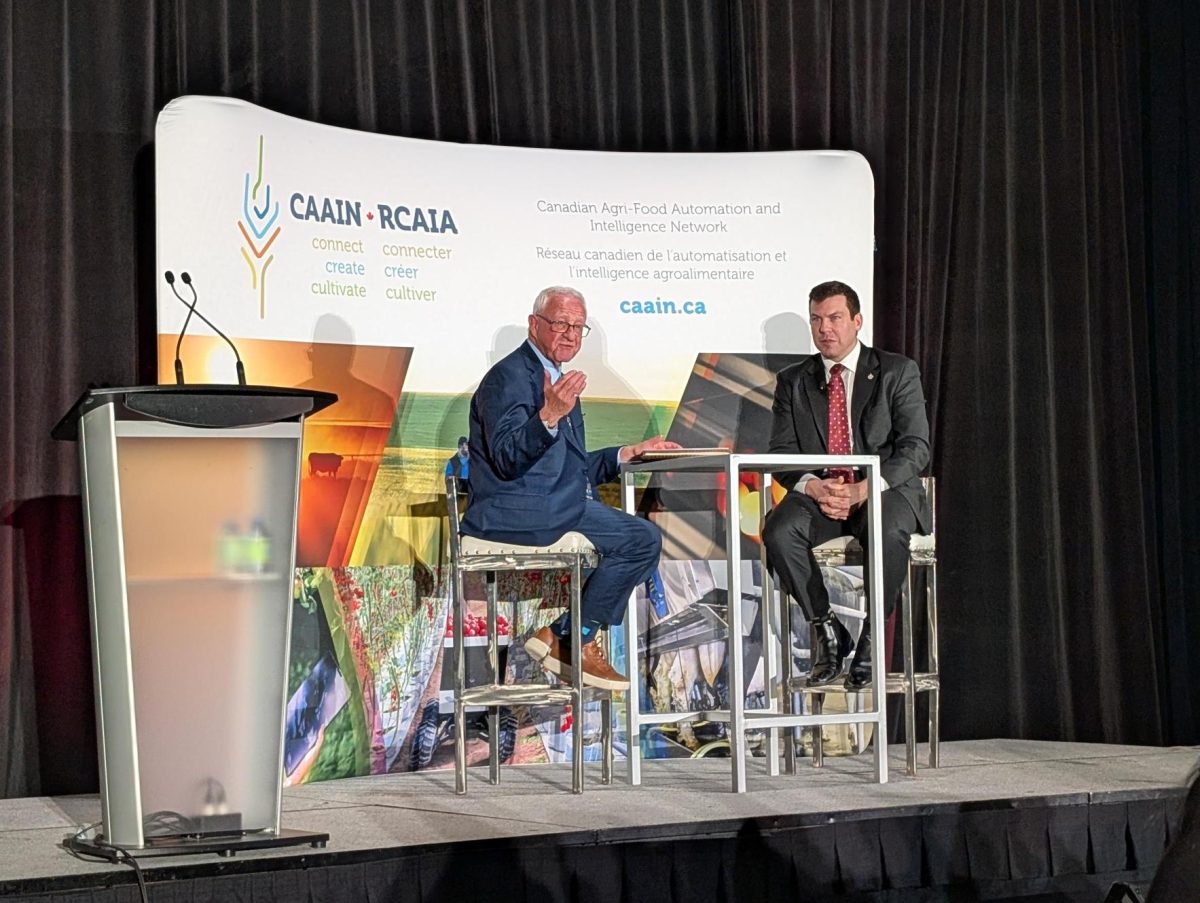
Canadian agriculture must be seen as growth sector: Blois
Agriculture must be pushed as a sector of expansion and investment opportunity in Canada said Kody Blois ahead of the Future of Food conference in Ottawa on Feb. 9.
CUSMA, which replaced the North American Free Trade Agreement in 2020 and was negotiated during U.S. President Donald Trump’s first term, requires the three countries to hold a joint review after six years.
Trump has publicly pushed for the agreement to be renegotiated ahead of time and has called for the U.S. to receive better trade terms with all of its commercial partners.
The strong-arm tactics have led to sweeping tariffs from the U.S. and fears of a global economic slowdown.
Despite the tariffs, CUSMA is still in effect, only affecting shipments of products such as steel and completed automobiles from Mexico into the U.S.
“That could be convenient for us,” Ebrard said, “because it would make clear to us how (the treaty) will work compared to other parts of the world.”
Ebrard added that Mexico was working on negotiating favorable terms for shipments of steel, aluminum, cars and tomatoes into the U.S.

